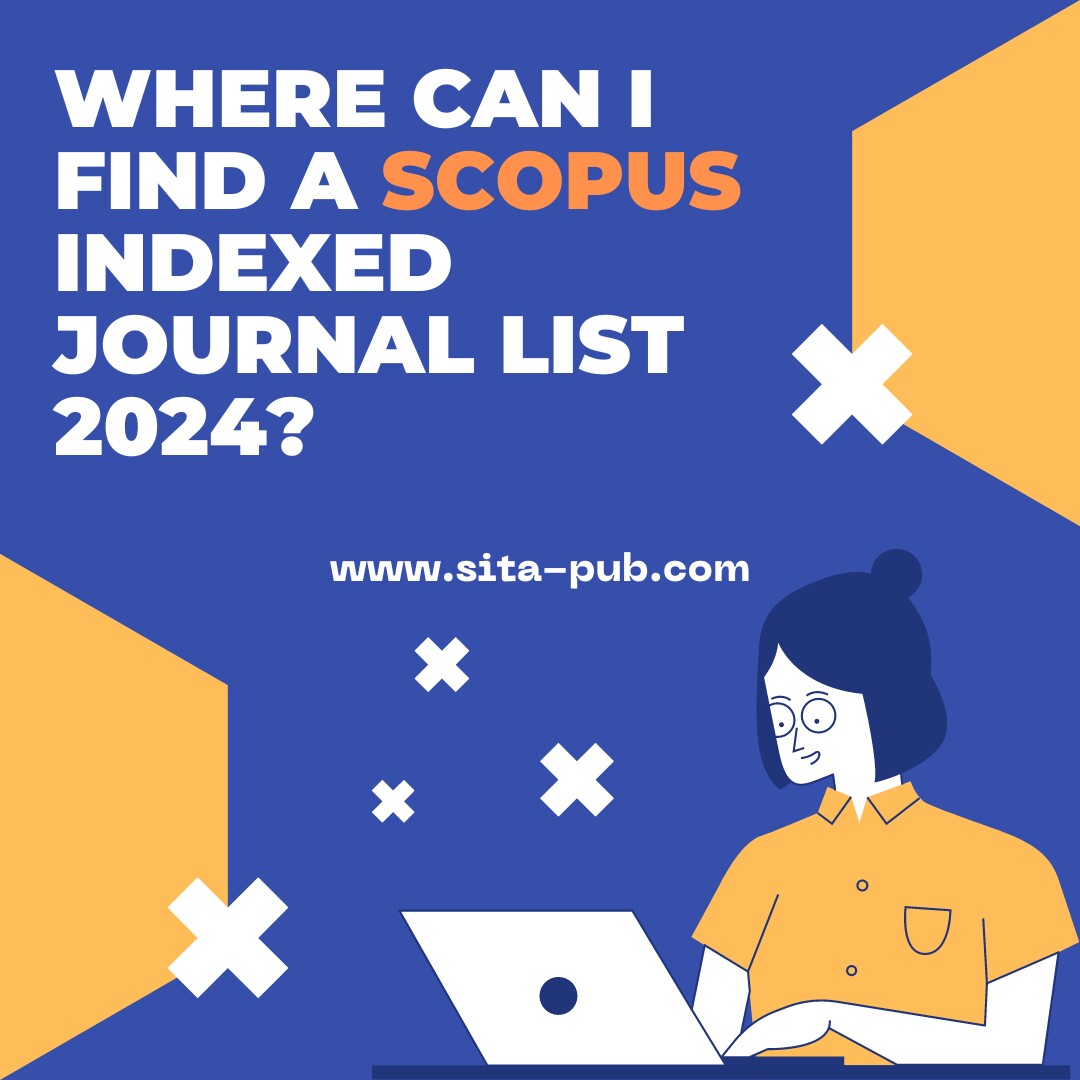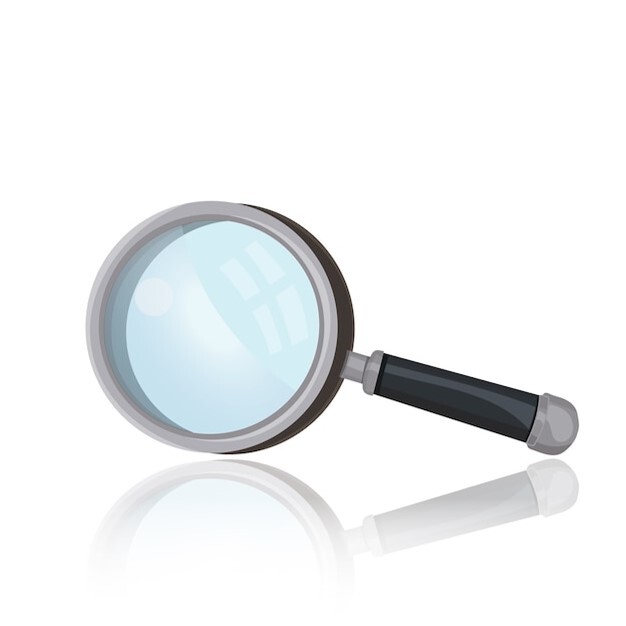Where Can I Find a Scopus Indexed Journal List 2024?


For researchers, publishing in a high-impact journal is often a key goal. It signifies quality, increases visibility, and can even boost career prospects. But how do you navigate the vast landscape of academic journals to find the right fit for your research? Scopus, a renowned multidisciplinary database, stands as a beacon for many researchers, offering a standardized system for evaluating research quality and impact.
Scopus-indexed journals offer researchers several advantages that make them a valuable choice for publishing their work:

Many graduate programs explicitly require students to publish in peer-reviewed journals, often specifying Scopus-indexed journals. This requirement ensures that students are exposed to the rigors of academic publishing, learn to navigate the peer review process, and contribute to the advancement of knowledge within their field.

Many institutions and funding agencies value publications in Scopus-indexed journals. Having your work published in a Scopus-indexed journal can enhance your research profile, bolster your CV, and contribute to career advancement, particularly for graduate students and early-career researchers.

Scopus, a comprehensive database encompassing over 70 million records from 24,000 journals, provides a platform for researchers to share their work with a vast international audience. Publishing in a Scopus-indexed journal means your research becomes accessible to scholars, researchers, and institutions worldwide. This global reach can be invaluable for graduate students, boosting their visibility, attracting citations, fostering collaborations, and establishing their reputation within their field. By making their research readily available to a diverse community of experts, graduate students can gain recognition and build a strong foundation for their future academic careers.
Several resources can help you find the list of Scopus-indexed journals:

SCImago Journal & Country Rank (SJR): This website, maintained by SCImago Lab, offers a comprehensive list of Scopus-indexed journals ranked by their SJR score. The SJR score reflects the journal's scientific influence and prestige, providing valuable insights for researchers seeking high-impact publications.
Scopus Website: The official Scopus website itself provides a comprehensive database of indexed journals. You can search by subject area, title, ISSN, or other criteria to find relevant journals.
Other Useful Resources: While SCImago and the Scopus website are excellent starting points, other resources can assist your search. Many university libraries offer online databases and journal search tools that can help you find Scopus-indexed journals within your field. Additionally, consider using publication support services like SITA Academy, which can provide personalized guidance and support in navigating the publication process.
Finding the right journal for your research is crucial. Here are some key tips to guide your decision:
Ensure the journal's scope and focus align with your research topic and methodology. Read the journal's "Aims and Scope" section to understand its editorial policies and target audience.
The impact factor reflects a journal's influence and prestige within its field. While not the only factor to consider, it can be a useful indicator of a journal's reach and visibility.
A rigorous peer review process ensures the quality and validity of published research. Look for journals with established peer review procedures and a reputation for high editorial standards.
Consider whether you prefer to publish in a traditional subscription-based journal or an open-access journal. Open-access journals make research freely available online but often charge authors a fee known as an Article Processing Charge (APC).
Research the journal's publication timelines and any associated fees. Some journals have longer review processes or charge publication fees, which might influence your decision.

Navigating the world of academic publishing can be challenging, especially when trying to find reputable journals without APCs. SITA Academy Publication Support Services offers a comprehensive list of Scopus-indexed open-access journals that do not charge APCs.
Their experts can guide you toward suitable peer-reviewed, high-impact factor journals and provide publication support services, including manuscript formatting and submission assistance. SITA Academy can provide valuable guidance and support to researchers who are seeking to publish their research in reputable open-access journals without APCs.
Don't let the complexities of publishing hold you back.

If you have any questions, inquiries, or would like to learn more about our services, please don't hesitate to reach out to us. Our dedicated team is ready to assist you.